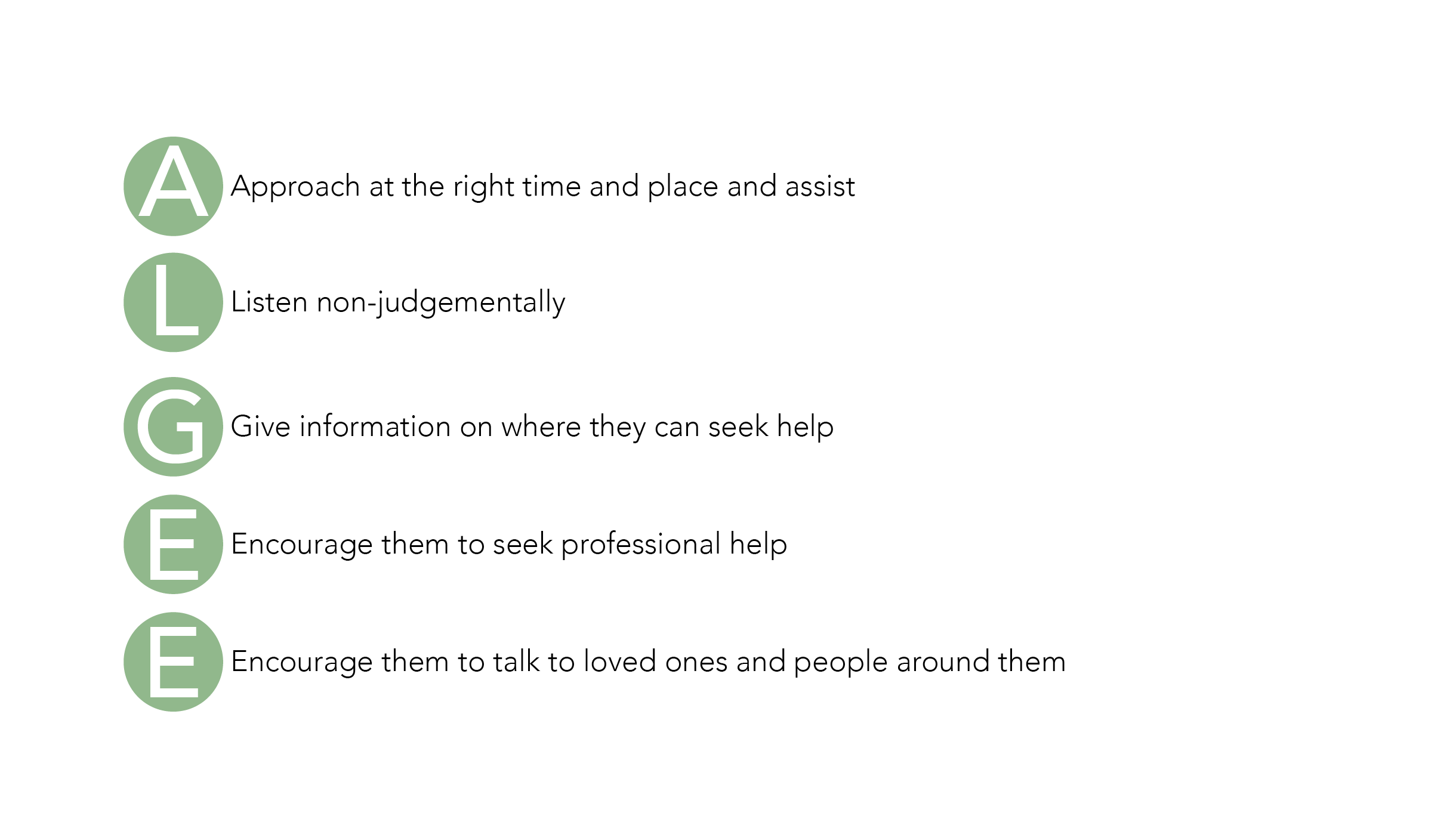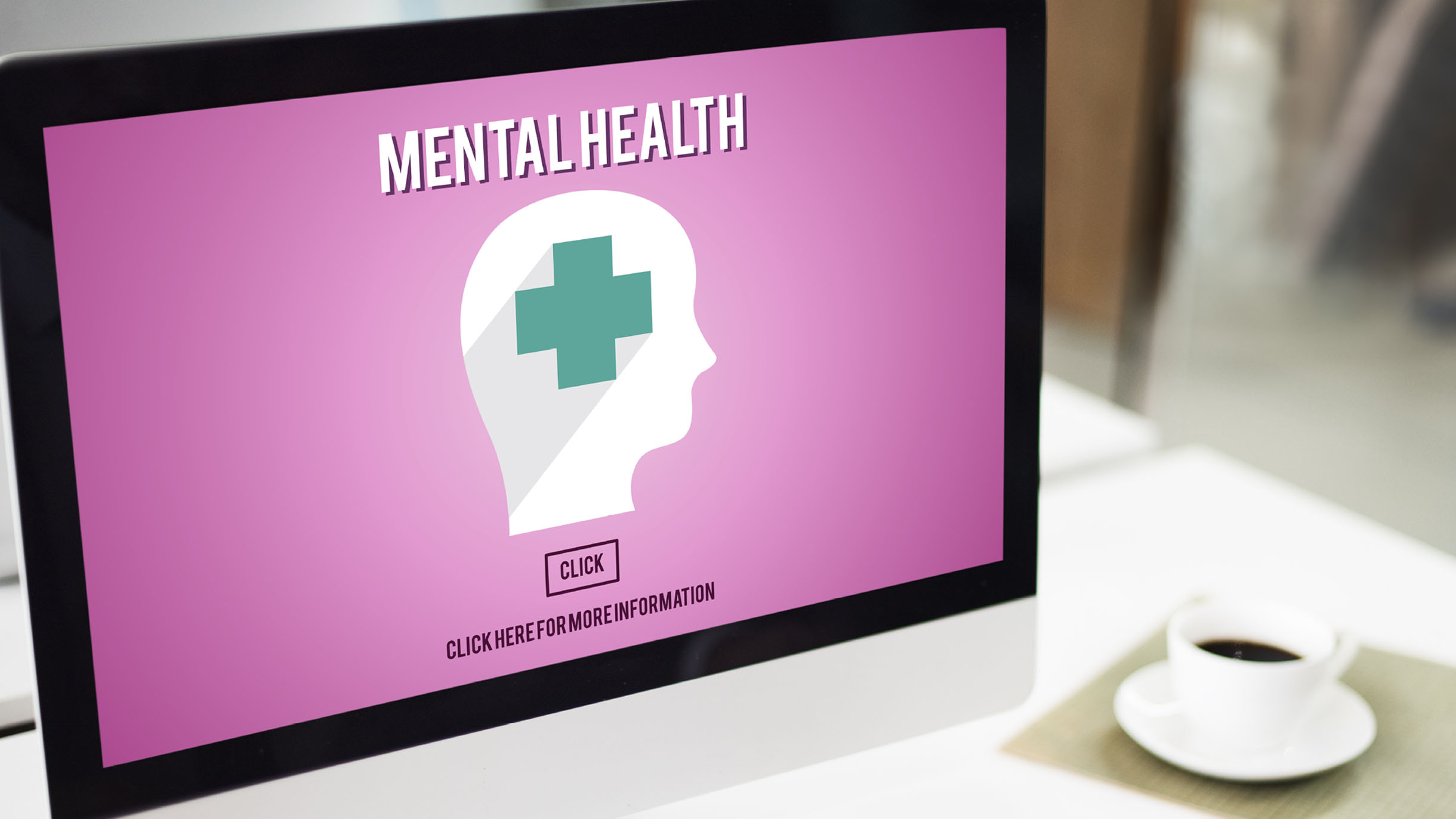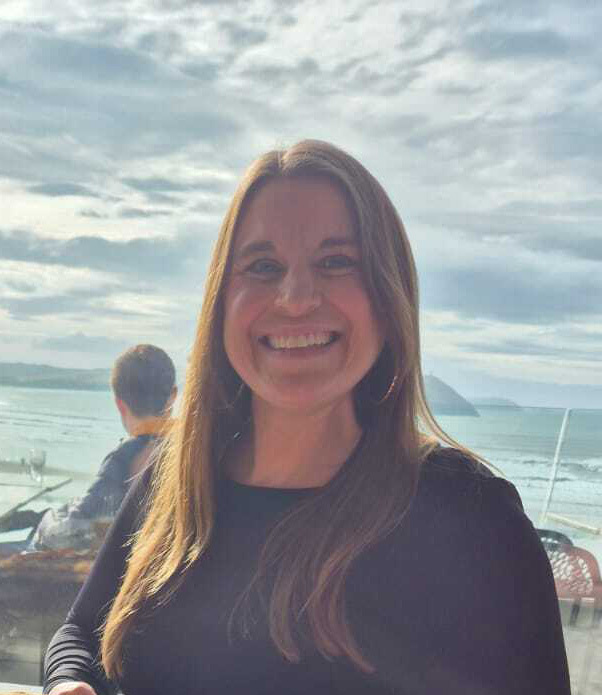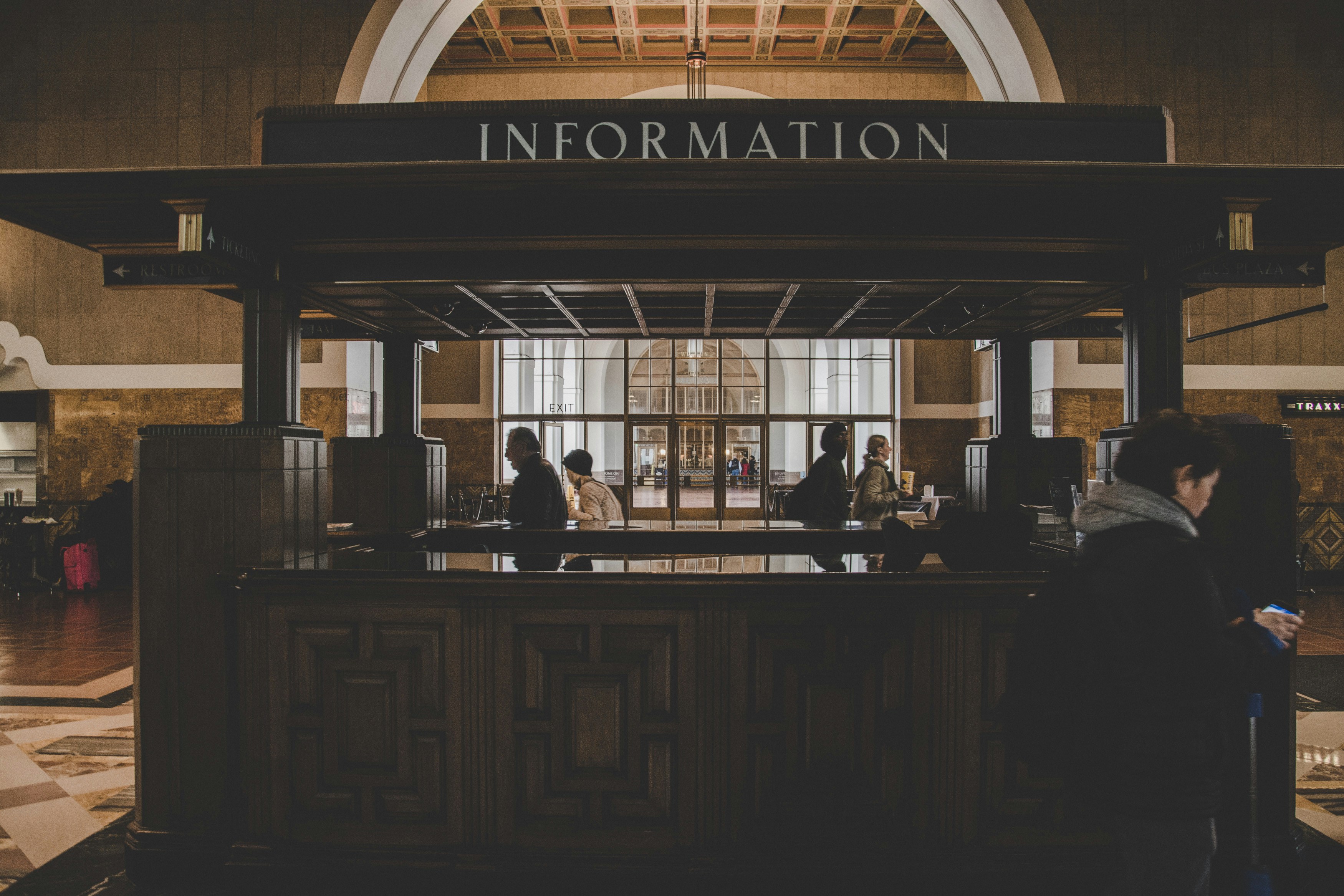We all know that maintaining good mental health is important, but I think few of us can confidently say we’d know what to do if someone was having a mental health crisis. That’s why, a few weeks ago, I signed up for a course run by Bath Mind to become a qualified mental health first aider.
Over the past few years, I have become a lot more aware of my own mental wellbeing and how it affects my day-to-day life – as well as the mental health of those around me.
During the pandemic, we’ve all been at home more – many of us juggling work with childcare and other responsibilities – and have had to slow down and take more care of our minds, so now seemed like a good time to invest in the wellbeing of myself and others. When Seccl said they’d support me in doing this course, it felt like a great opportunity for me to become a more informed manager and person.
Mental health at work – why we all need to be more aware
Most of us know that we should be exercising and eating reasonably well in order to look after our bodies, but we don’t always think about how our habits affect our minds.
At Seccl, we encourage everyone to be open about their mental health (if they want to be!). However, there have been times when I’ve been in conversation with someone at work about their struggles and not known the best way to respond, so I thought it would be useful to get some guidance. What could I offer that might help someone dealing with depression, anxiety or poor mental health?
Of course, not everyone feels able to ask for help, which is why I wanted to get better at spotting when someone might be struggling. Studies show that 1 in 4 people experience mental health challenges every year (although if we’re being honest with ourselves, this is all of us to one degree or another), so there’s a high chance of me coming across someone at work or in everyday life that might need help.
Learning mental health first aid with Mind
The course took 12 hours to complete and was spread over four days. It was similar to physical first aid courses I’ve done in the past but was specific to identifying and dealing with someone in a mental health emergency.
Although it is usually held in person, this time the course took place over Zoom. The attendees held a really diverse range of roles in different organisations in the public and private sectors, which was really encouraging to see.
On the first day, we learned the general ‘ALGEE’ framework for applying mental health first aid…

Each day of the course covered a different theme – depression, suicide, substance abuse, anxiety disorders and psychosis. We were provided some medical information on each of these areas, before being asked to play out different scenarios in groups, applying the ALGEE technique.
The course facilitator dealt with these potentially difficult topics very sensitively and did a great job of creating a safe and supportive learning environment for all involved.
Mental health first aid: some practical tips
Although it may sound overwhelming, becoming a mental health first aider is essentially teaching you the skills to identify and assist someone who may be in immediate danger due to their mental health.
Here’s a bit of an overview of what I learned…
-
Don’t worry about saying the ‘right’ thing: If you spot someone who might be in trouble, approaching them and offering to help is always more important than worrying about saying the right thing – often there is no ‘right’ thing to say, and what matters most is getting them the help they need. You’re not going to make things worse by reaching out and connecting with someone.
-
Don’t be afraid to admit you don’t know what to say: Helping someone in a mental health crisis is not about having the answers. If someone shares something that overwhelms you and you don’t know how to respond, tell them. If someone is having a hard time, it’s easy to reply instinctively with something glib like “At least your job is going OK.” However, this is rarely helpful. It’s far better to admit that you don’t know what to say right now, but you’re glad they’ve shared with you – this can help them to feel valued and cared about at a time when they may feel very alone.
-
Don’t make assumptions or affirmative statements: It’s important to keep perspective in mind and not make affirmative statements. Rather than saying “Wow, your life sounds very hard”, some useful tips for listening non-judgementally is to use phrases like “What I am hearing from you is …” and “What I am seeing is …”. This can help someone feel heard without feeling you’re making judgements about them.
Becoming a mental health first aider was an intense experience, but it was also incredibly valuable, and I learned a lot.
Now I have more awareness of the early signs of a mental health crisis, and I feel much more confident in approaching someone and providing the right information. I’m happy to chat to anyone who is curious about becoming a mental health first aider or would like to know more about how to help someone in need – so feel free to reach out to me on LinkedIn.
In the meantime, here are some useful resources, whether you’re interested in becoming a mental health first aider or you just want some tips for looking out for the mental health of your employees or co-workers…
MHFA England: become a mental health first aider
Mental health first aid at work (MHFA): a toolkit



